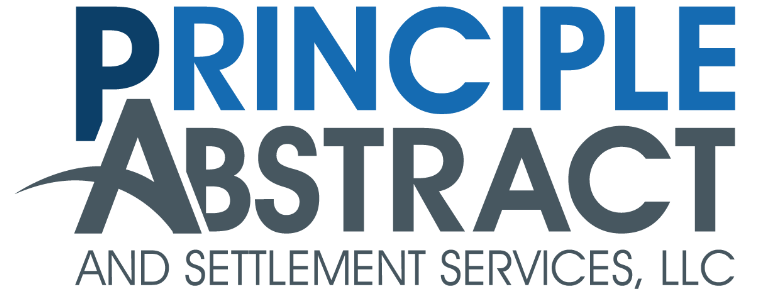Purchasing or inheriting a home from an estate can be an…

The Title Insurance Term Cheat Sheet
The process of buying a home is complex, with many facets to consider, analyze and track. Any given week can involve conversations with agents, lenders, attorneys, escrow agents, home inspectors, contractors, etc. It can be enough to make your head spin, especially if you don’t have a seasoned, experienced real estate agent and/or lender to help walk you through the process. Then there is the property itself: paint, furnishings, layouts, landscaping – the list goes on and on.
It’s easy to lose sight of some of the details that go into a closing. When that day approaches, it’s common for buyers (particularly first-time homebuyers) to get confused with some of the terms being thrown around.
Title insurance, an important component to all real estate transactions, contributes to some of the complexity due to its legal and administrative nature.
We’ve decided to put together a cheat sheet of terms any buyer (both new and old) would benefit from reviewing in the lead up to a home purchase. It is our hope that it will help demystify some title insurance terms you may encounter during your buying experience.
Title Insurance
Title insurance is a required component of a real estate transaction that protects a buyer from a title defect. A title search is almost always performed prior to the issuance of the policy and checks to ensure there are no issues with the property at hand.
Title insurance is one of the few components of a real estate transaction that a buyer can shop for.
Adverse Possession
Adverse possession is when someone is living in a property without consent. Commonly known as ‘squatters,’ a transaction involving adverse possession are more complex and can involve legal ramifications. For instance, an individual who has been living in a dwelling for a certain length of time may be allowed to stay in that dwelling and may even be granted ownership.
Clear Title
“Clear” title is a primary goal in any real estate transaction. The term means that no defects have been found. There is no question as to who owns the property at hand in the real estate transaction, which can now proceed.
Closing
The closing is when the real estate transaction is formally executed and possession transfers from the seller to the buyer. By this time, all steps have been satisfactorily completed, including title search, final inspections, attorney review, etc. There is nothing left but to sign the documents and grab the keys!
Deed Restrictions
Deed restrictions is a term that include any restrictions a property owner might face. This can include certain setbacks, town zoning rules and/or your ability to parcel or subdivide land. They can also restrict your ability to run a business out of your home, erect any signage, etc.
Defect
Defect is a term that we’ve already used which refers to any factor that might prevent the property from transferring from the seller to the buyer. This can include a lien or mortgage against the property, or a judgement of some sort that involves the property at hand.
A defect can also refer to an issue with the property, including structural issues like roofing, foundation, etc. that may severely impact the value of a home.
Easement
An easement on a property allows people to use land or its property in a particular way. This can include a pass through to another piece of property, or an easement for utilities to access the property. For example, if a water main is buried under your property, the entity responsible for maintaining that pipe is almost always within its right to access your property for routine inspections, upgrades, and repairs. Egress is another term for easement and may be used interchangeably.
Foreclosure
Foreclosure occurs when a property owner breaks the terms of their agreement with their lender, most likely for failure of payment. The lender is within its right to repossess the property and the owner may be removed from the property.
Real estate transactions involving a foreclosed property are slightly different than a traditional sale as there may be one or more entities attempting to recoup debts, including the mortgage lender, other banks where loans have been taken out using the home as collateral, local townships where taxes may be owed, and so on.
Lis Pendens
This latin term refers to any pending or active lawsuits involving the property at hand. Lis pendens can stop a real estate transaction in its tracks, deeming the property non-transferrable until the lawsuit is settled and processed administratively.
Principle Abstract Title and Settlement Services has years of experience successfully guiding buyers through hundreds of real estate transaction and protecting their interests through robust title searches. We act as a resource for buyers and seek ensure they are both comfortable and confident each step of the way.
Interested in buying property? Contact our office today and a member of our team will be happy to speak with you.



